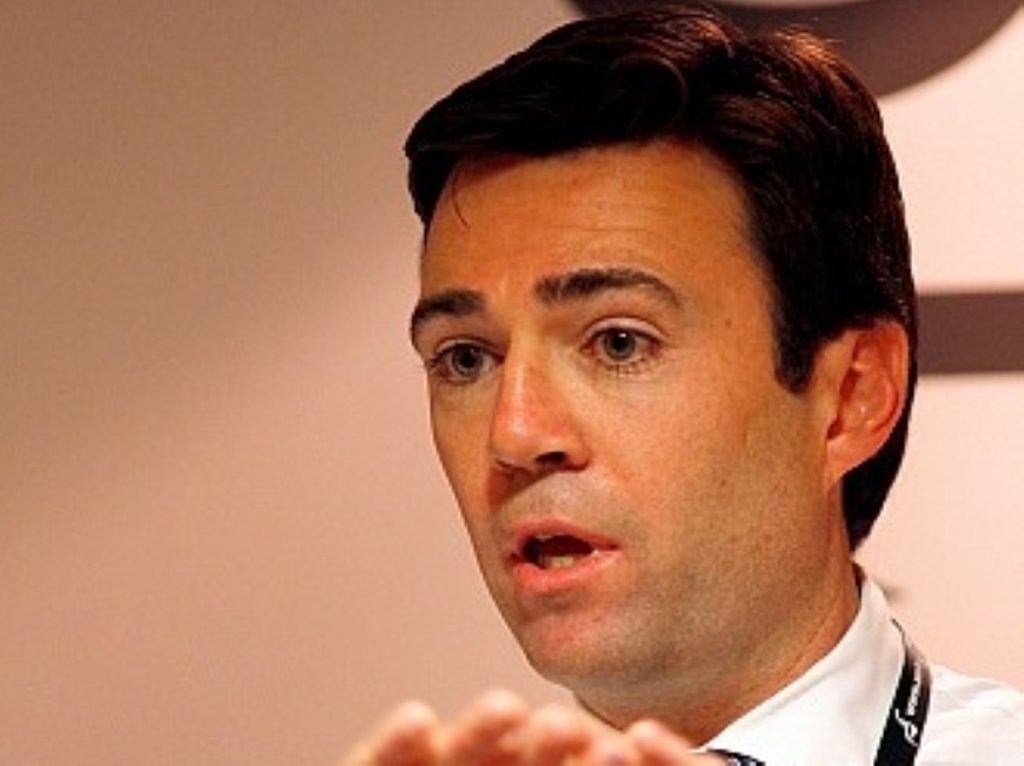Lib Dems ‘sold a pup’ on education
By Peter Wozniak
Andy Burnham has issued a stinging attack on the Liberal Democrats pupil premium policy, saying they have been duped by their coalition partners.
The new shadow education secretary continued the adversarial stance of his predecessor Ed Balls, calling the government’s pupil premium “a con”.
Speaking in an interview with Sky News, Mr Burnham ridiculed attempts by Nick Clegg to hold up the pupil premium – £2.5 billion designed to follow the poorest children through the education system – as evidence of Lib Dem influence on the government.


“The big issue here is that the pupil premium is a con. When the Lib Dems and Labour were in talks after the election, this was an issue upon which those talks foundered,” he claimed.
“The Lib Dems said to us: ‘The Tories have agreed to fund the pupil premium over and above the schools budget. Will you do the same?’
“And Labour said: ‘Well we can’t because the money isn’t there to give a pupil premium over and above.’
“And that is why the political significance of this issue is huge. Mr Clegg was sold a pup – he has not got what he said he had got and he’s not been able to reassure his MPs on this point.”
The pupil premium was one of the key Lib Dem policies that survived the formation of the coalition agreement and the party has been keen to argue it lends a progressive edge to the government’s austerity drive.
The education budget escaped relatively lightly in the spending review, with the schools budget said by the government to be increasing in real terms.
Challenged on the distribution of schools funding, Michael Gove the education secretary admitted on the Politics Show yesterday: “There will be some schools that will have less funding.
“It depends precisely on whether or not we allow the pupil premium to go to slightly more children or we target it very narrowly on the very poorest.
“It’s only fair to acknowledge that… it’s a very tight settlement.”
One of the more unpopular measures announced in the emergency Budget in June was the cutting of the Building Schools for the Future programme.
Although education spending has been relatively cosseted compared to other departments in the spending review, opposition figures have argued measures such as the pupil premium represent a fig-leaf for drastic funding limits and will have little discernible impact.









